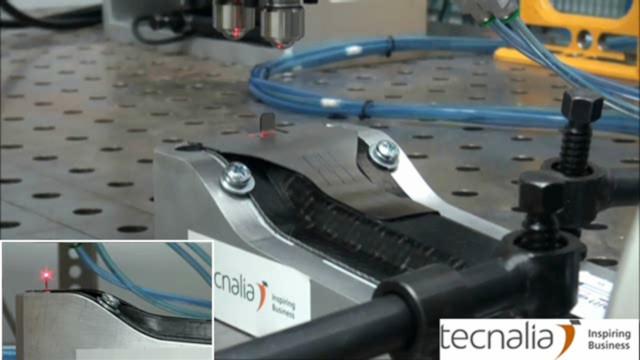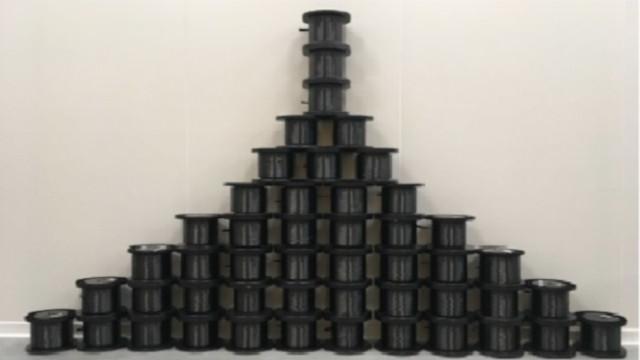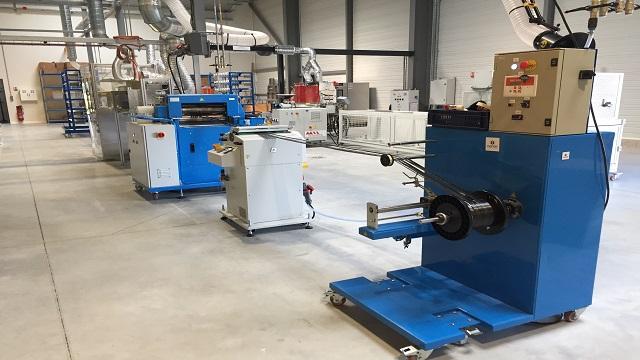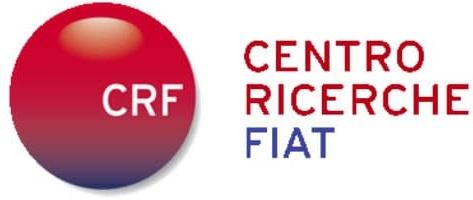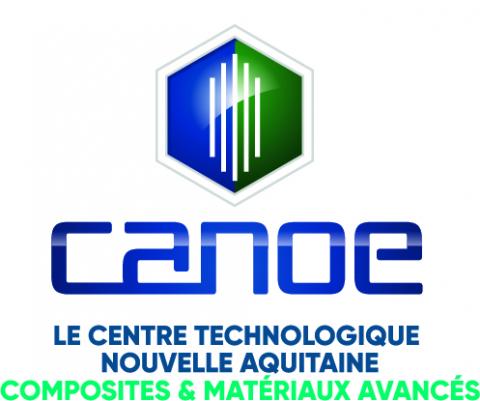Home
CIRCULARTP - Composite based multi-material parts designed for circular economy
The increasing drive to reduce the weight of vehicles has resulted in the gradual replacement of dense ferrous metals by lower density materials, like plastics and short fibre reinforced plastics. Plastic materials represent today 12% to 15% of the weight of a car and this number has remained stable for many years. A further very significant weight reduction is rendered mandatory by the new EU or other regulations on Green House Gas emissions, which can only be achieved by massively substituting today’s steel by lighter weight materials in the car body structure and powertrain.
The CIRCULARTP project aims at developing cost effective lightweighting materials and technologies that will allow the European Automobile manufacturers to introduce lightweighting solutions in existing plants in the short to midterm. The main objectives of the project are to scaleup the production of thermoplastics reinforced with continuous carbon or glass fibre, and to develop production tools and processes that will allow the combination of very thin steel sheets with such thermoplastic composites. This approach shall lead to metal/hybrid composites with expected weight gains of 30% compared to pure steel while allowing a fast implementation in the existing car manufacturing processes. At the same time, this technology shall help to reduce the production waste by as much as 90% compared to current thermoset or organosheet composite solutions. Compared to the classical organosheet approach for thermoplastic composites, the CIRCULARTP technology allows increasing material performance between 30% and 50% yielding up to 50% weight savings and 30% cost savings. Finally, the project will address recycling by testing energy efficient methods to dismantle the demonstrator parts. The thermoplastic composite will be reclaimed as short or long fiber reinforced thermoplastics and used to produce a new automotive part via a classical injection molding process.
Solvolysis will be studied as an alternative process for the recovery of higher value products. This way, the project CIRCULARTP will effectively "close the loop" of the product lifecycle and prove its potential contribution to the development of a Circular Economy.



